Eat Your Way to a Healthier Heart
Stay young at heart by changing the way you eat.
By Dr. Mehmet Oz
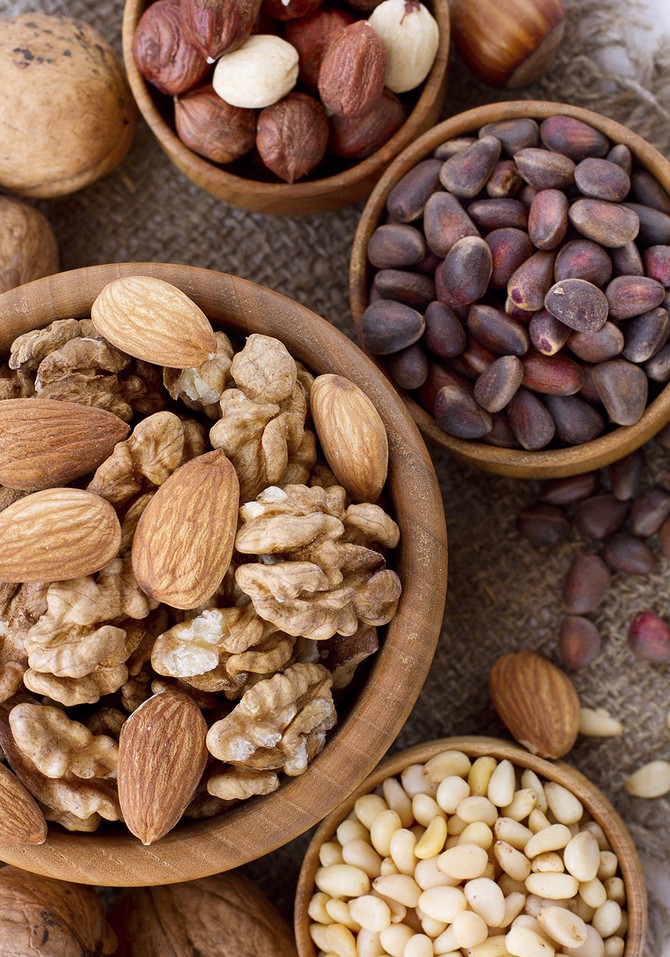
Photo: Victor_69/iStock/Thinkstock
Have Some Nuts
A handful a day (about 1 1/2 ounces) of nuts such as pecans, almonds and pistachios may reduce your risk of heart disease by lowering blood cholesterol. And walnuts, which are high in polyunsaturated fatty acids, also keep blood vessels healthy. Since all nuts are high in calories, stick with a palmful—and resist the temptation to eat them salted or coated with sugar.
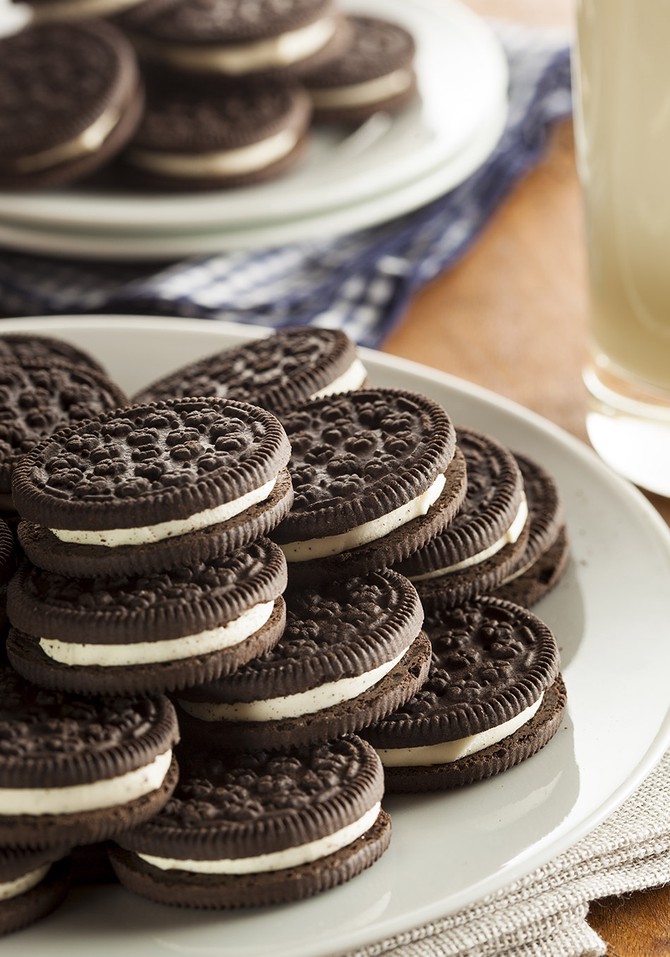
Photo: bhofack2/iStock/Thinkstock
Ditch the "Bad" Fats
Did you know that the biggest influence on your blood cholesterol level is the mix of fats in your diet—not the amount of cholesterol in your food? Although it's still important to limit dietary cholesterol, especially if you're diabetic, doctors say the amount of trans fats and saturated fats matter most. Saturated fats—found in red meat, whole milk dairy products like butter and cream, egg yolks, and oils such as coconut and palm kernel—raise your total cholesterol. Trans fats—found in margarine and most packaged cookies, crackers and cakes—are particularly bad because they raise your levels of "bad" cholesterol (LDL) while lowering levels of the "good" kind (HDL). Plus, trans fats also cause your liver to produce more cholesterol. The key to a healthy diet is choosing good fats instead of bad ones. That's why the American Heart Association recommends that you get less than 7 percent of your daily calories from saturated fats and less than 1 percent from trans fats.
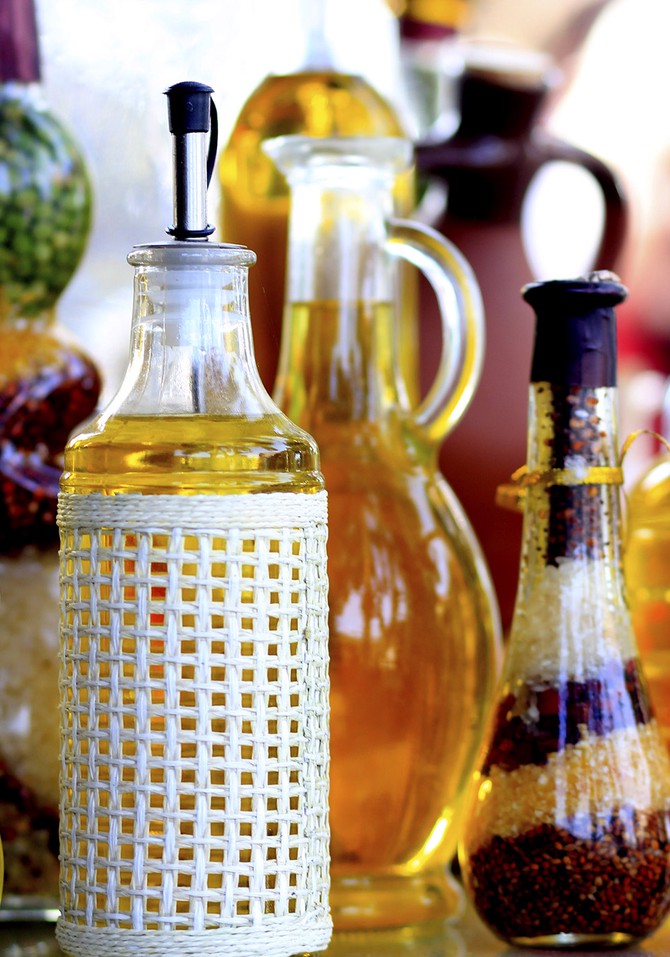
Photo: Endurolife/iStock/Thinkstock
Drizzle With the Right Oils
Are you one of the 105 million Americans estimated to have high cholesterol? "Good" fats—monounsaturated and polyunsaturated fats such as olive oil—can reduce your risk of disease. Olive oil contains a potent mix of antioxidants that can lower LDL while not negatively affecting your HDL. To get its heart-healthy benefits, the Food and Drug Administration recommends substituting about 2 tablespoons of olive oil a day for other fats. Use it in salad dressings, drizzle it on vegetables or bread, add it to a marinade, or use it instead of butter to baste fish or chicken. Olive oil is high in calories, though; so don't eat more than the recommended amount. (You might think it's even better to choose "light" olive oil, but these are more processed and the word "light" only refers to the taste.) Look for extra-virgin olive oil, which contains more heart-healthy antioxidants.
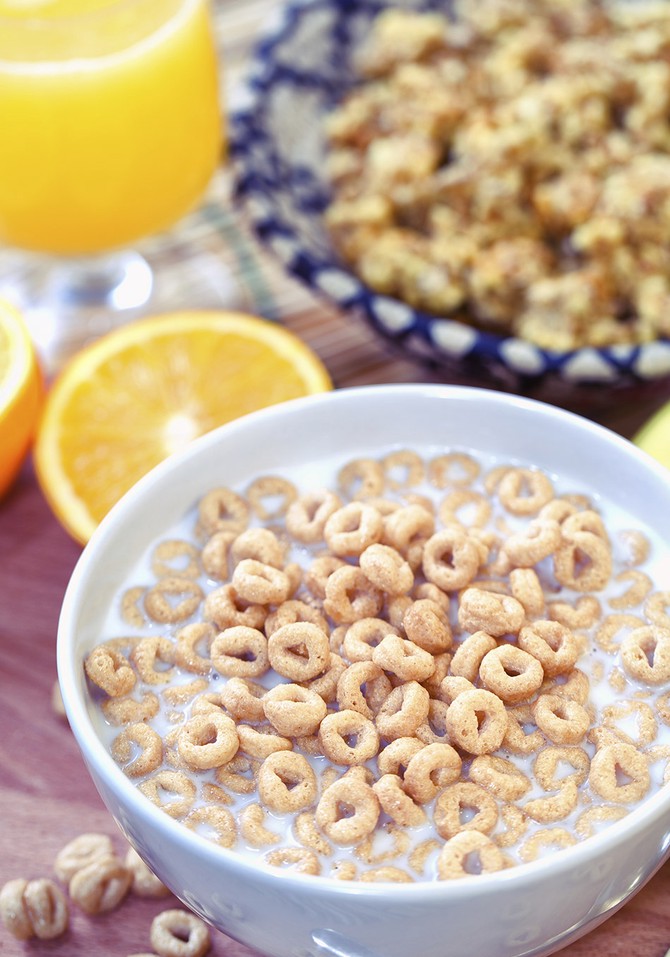
Photo: Carpe89/iStock/Thinkstock
Consider Fortified Foods
If your cholesterol is high, you may benefit from eating foods that are enriched with plant sterols and stanols. Small amounts of these substances occur naturally in many grains, soybeans, nuts, and legumes. Studies have shown that sterols help block cholesterol absorption and may significantly reduce LDL. Foods fortified with added plant sterols are now widely available, and include orange juice, breakfast cereals, cooking oils and yogurt.
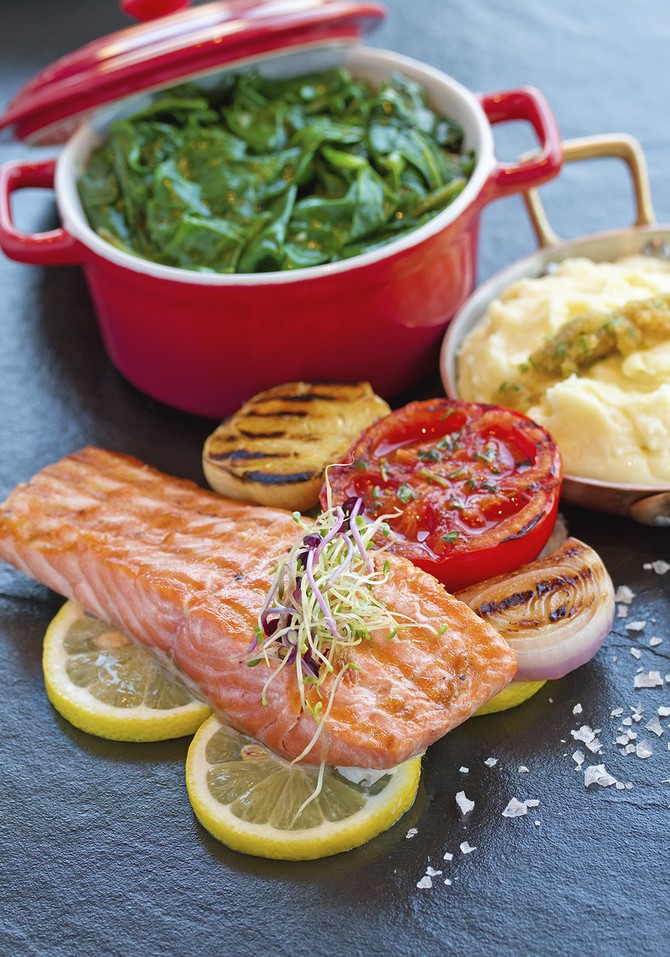
Photo: atomich/iStock/Thinkstock
Go For Fish
Follow the recommendation of the American Heart Association and eat fish at least twice a week. Oily fish such as salmon, halibut, mackerel and albacore tuna are rich in omega-3s, beneficial fats that can help reduce the inflammation that can lead to heart disease. You can also boost your intake of omega-3s with a krill oil, fish oil or a vegetable-based supplement containing high levels of EPA and DHA omega-3s.
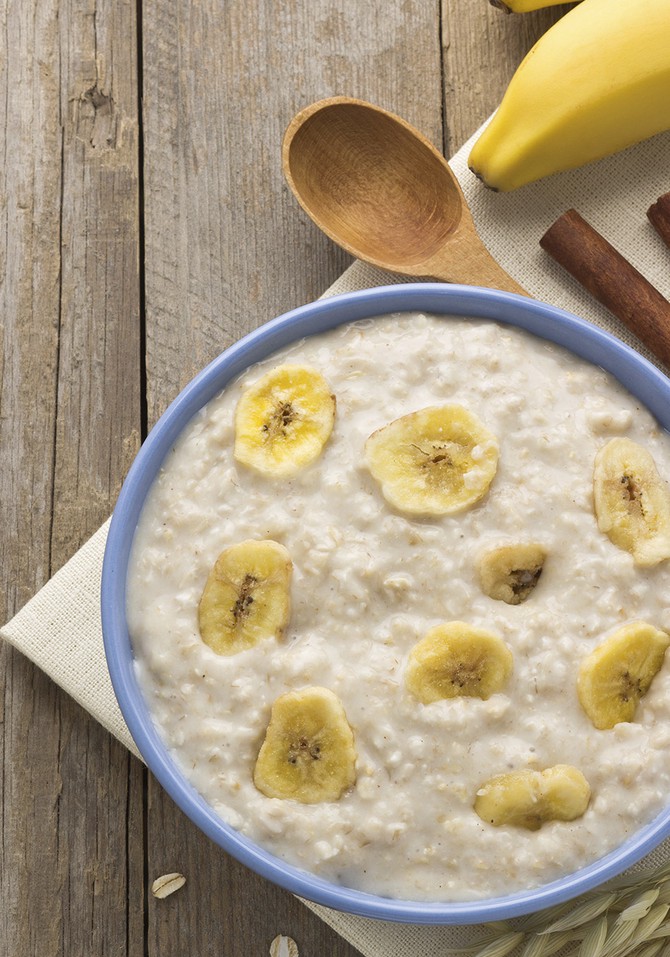
Photo: seregam/iStock/Thinkstock
Opt for Whole Grains
Hungry for bread, cereal or pasta? Choose oatmeal, whole grain pasta, bran, brown rice and other whole grains. They're more nutritious than refined white flour and are loaded with LDL-lowering soluble fiber. Eating 5 to 10 grams or more of soluble fiber every day decreases both your total and LDL cholesterol. Sound like a lot? Just 1 1/2 cups of cooked oatmeal provides a whopping 6 grams of fiber. And if you add bananas, you'll add about 4 more grams of fiber.
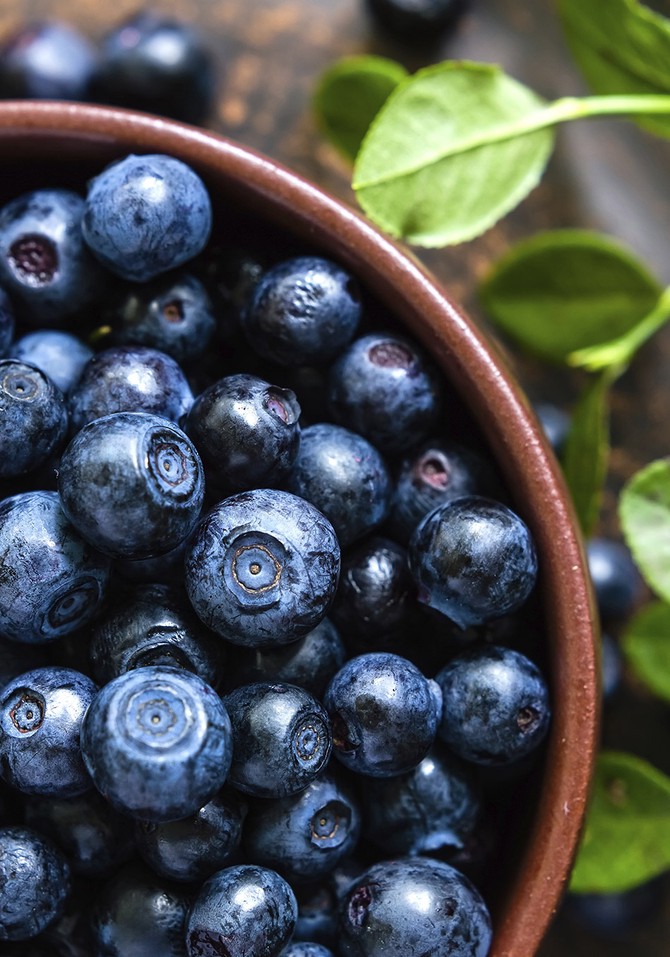
Photo: ivandzyuba/iStock/Thinkstock
OD on Fruits and Veggies
While we're on the subject of fiber, don't forget it's also found in fruits and veggies such as apples, pears, blueberries, carrots, zucchini and cucumbers. Fruits and vegetables are also high in vitamins, minerals, antioxidants and phytochemicals, which may help prevent heart disease. As a general rule, deeper color equals more nutrients. And while fresh produce is always optimal, canned or frozen varieties are fine as long as they don't contain added salt, sugar or fat.
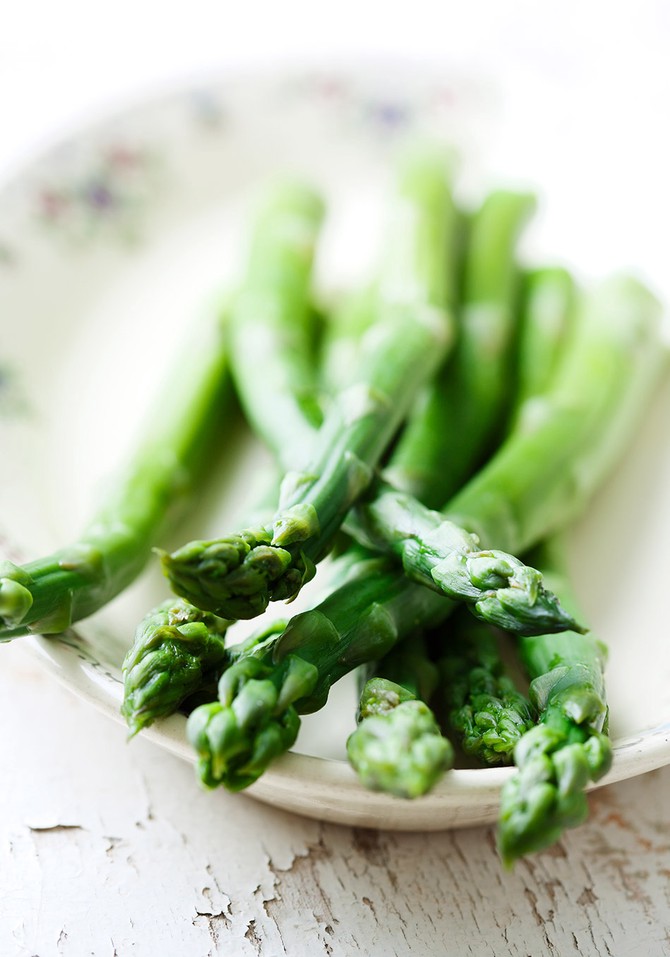
Photo: Liv Friis-Larsen/iStock/Thinkstock
Steam, Bake or Grill
How you prepare your food is just as important as the ingredients you pick. Season your food with olive oil and herbs rather than butter, and avoid frying in saturated fat. Poaching or basting with low-sodium fat-free chicken stock is another way to add flavor without a ton of extra calories.
Published 08/12/2014

